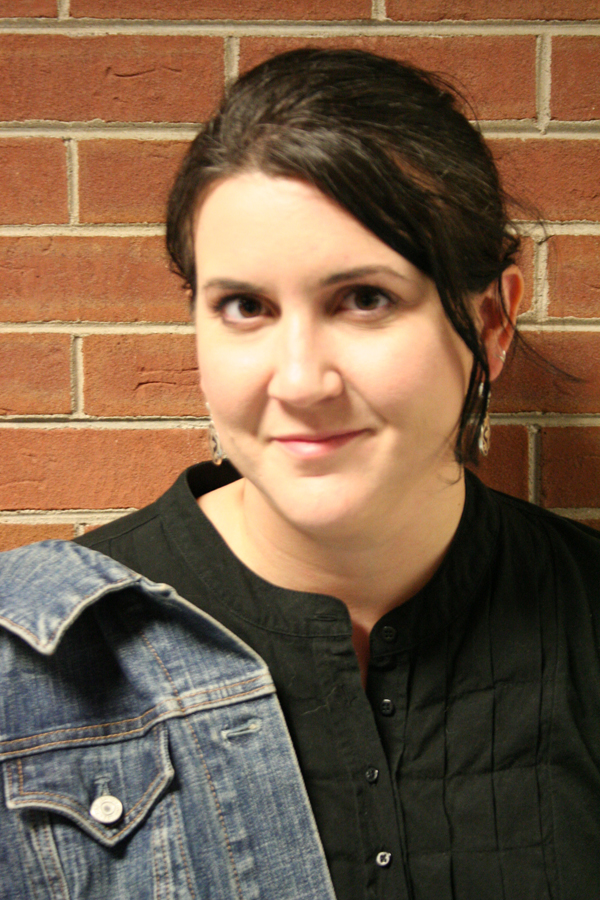How has your body been politicized today?
This is not a pithy question, for I share Thoreau’s statement, “I lose my patience for the [person] who make[s] the mystery of sex the subject of coarse jest, yet, when you speak earnestly and seriously on the subject, is silent.”Body politics is a serious topic, despite the often thoughtless ways in which social norms regarding the treatment of the human body are perpetuated.
On a Christian, liberal arts college campus, this can be a particularly complex topic to approach. We recognize that we, as human beings, belong to society – impacted by one another and the cultures formed in the past and present by humanity.
Through socialization, formation of communities and laws, mass media, peer pressure, even trends in clothing and accessories, we learn how to think and feel about our bodies and their idealized features and functions.
In the modern and postmodern eras, individuals growing up in Western cultures have learned that individuality and belonging to one’s self is of importance toward personal and professional success. Yet here, at Goshen College, we also recognize ourselves as being part of a special community, somewhat set apart, and as belonging to God.
Being conscious about how we think about and respect our own bodies is modeling a justice issue that begins … well, in our own skin. Because we do, in fact, experience life through our bodies. Even in a community of scholarship that earnestly and richly encourages the life of the mind, we cannot detach completely from the inputs we receive through our senses, in sickness and health, with a never-ending variety of situations and people.
Nor should we. To deny that we “live” in our bodies is to allow ourselves not only to deny experiences as rather amazing created beings but to also make it possible for us to ignore the impact of so many injustices inflicted on our bodies.
More than five years ago, clinical trials proved that a new vaccine was nearly 100 percent effective in preventing two strains of the human papillomavirus (HPV) that causes most cervical cancer (70 percent). This is the second-leading cancer killer of women in the world. In U.S. America, about 11,000 women are diagnosed with it and 3,700 die every year. Studies show that 20 percent of girls ages 14 to 19 in the U.S. are infected; by age 50, at least 80 percent of women will test positive for HPV infection.
Here’s where the politics comes in. Yes, it’s difficult to think about a middle-school-aged girl getting a shot to prevent a sexually transmitted disease; it’s equated with granting permission for them to explore sex, which is definitely a message that parents can counteract with conversation and care for their teens.
Why would this vaccine provide a license for sexual promiscuity? It protects against only one sexually transmitted infection, and there are so many others as well as, of course, unwanted pregnancy. And there are no treatments for HPV.
When you look around, there are many potential ways in which our bodies are politicized, and many ways in which passivity is unacceptable. To be good to our healthy bodies is to be aware of the ways we experience the world as gendered people who can make a difference not by being apolitical, but in taking charge of health and wellness for themselves and for an increasingly interconnected world where gender equality is a justice issue and a necessity.
Rachel Lapp is assistant professor of communication at Goshen College.


